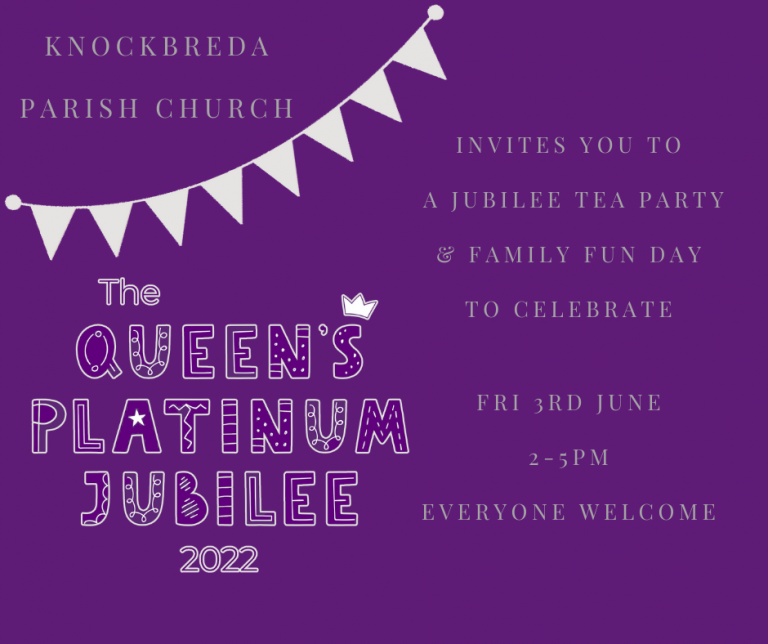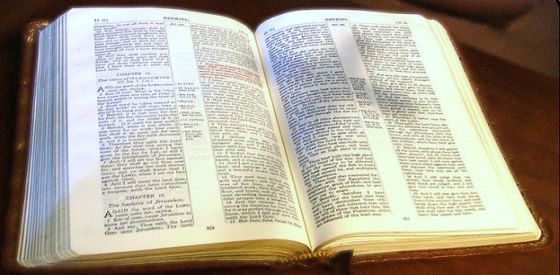Dear friends,
The Word of Life – a Library
‘Then you will shine among them like stars in the sky as you hold firmly to the Word of life.’ Philippians 2.15-16
My next three letters in the Breda Messenger (DV) will be about the Bible – a book I have grown to treasure more and more as God’s Word ever since I became a Christian in my teens. I hope you don’t mind ‘apt alliteration’s artful aid’ because the three realities I am going to write about are the Bible as a library, a landscape and a letter.
First, the Bible is a library. It consists of sixty-six separate pieces of all sorts of writing. There are history books, visions, sermons, poems, philosophical reflections, genealogies, statistics and much more besides. All these books are bound together by a common purpose and an extraordinary unity of subject matter. The common purpose is to give us information about God and godliness. Remarkably, though written over approximately 1500 years in a number of different cultures, the unity of their presentation of God is stunning.
The theologian Karl Barth used to speak of ‘the strange new world of the Bible.’ What he meant was that the world it describes is so different from the world that modern human beings think they occupy. In this strange new world of the Bible, God the creator is actively in charge, working to carry out his great plan of redemption. As the books in the library make clearer and clearer, this plan is to centre on a particular person: a Messiah, a Saviour whom in due course he will send.
In Scripture we have history – the narrative of the Creator becoming the Redeemer – and with it a great deal of explanatory material, expressing the faith of God’s people. All of it is revelation, God telling us things in order to make himself known. The books themselves teach us to see the library like this. God is not the dumb God of philosophers. He’s not the impotent God of modern, liberal theologians. He is the sovereign, vocal God who speaks.
In the library God condescends to employ human language – the language he gave to his creatures. He is not playing a game of cosmic charades – actions without words – where we are left to guess what his actions might mean. Nor is he illuminating the minds of good people so that they are able to guess more or less correctly what he has been up to. We should not read Holy Scripture as a series of fairly good guesses about God – guesses which are not necessarily definitive and from which we may allow ourselves to depart.
No, we should read the books of the library as teaching given by God – doctrina Dei, as the Reformers called it. God has spoken to tell us what he is doing and why, and Scripture is the transcript of God’s own testimony. The library is God’s commentary on his actions. Though there are over forty contributors to the library, the mind of God expressed itself through them. The library is a divine-human product, the Word of God in the form of the words of humans.
Sincerely in Christ
Bill





